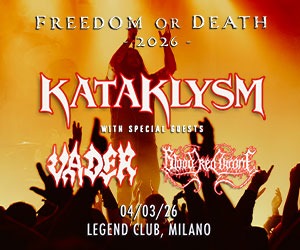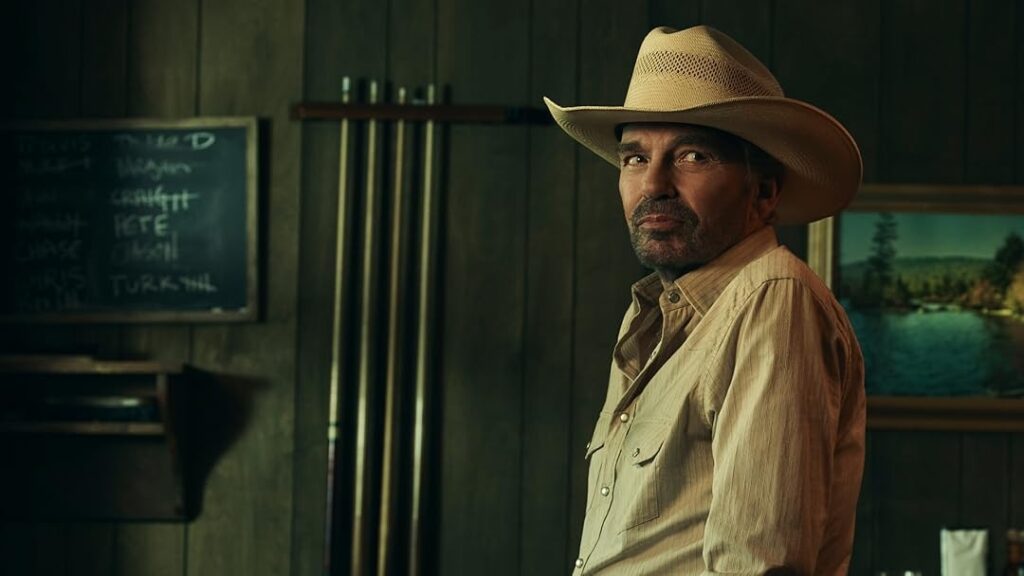The animated anthology Secret Level brings together a collection of 15 episodes, each rooted in the universe of popular video game franchises. From Dungeons & Dragons to Pac-Man, Sifu to Warhammer 40000, the series aims to give fans short, compelling stories within the games’ worlds. At first glance, the concept of Secret Level appears exciting—a celebration of gaming culture woven into an innovative storytelling format. However, despite its potential, the execution feels uneven, leaving both fans and casual viewers with mixed impressions.
A Bold Attempt with Lofty Expectations
The creators of Secret Level have taken on the monumental task of adapting iconic video games into bite-sized animated stories. Such an endeavor brings high expectations, especially from loyal gaming fans who hold these franchises close to their hearts. Yet, the challenge lies in balancing faithful representation of the games with creative freedom for storytelling.
For those already familiar with the games, the series might feel like a nostalgic homage or a reimagined interpretation. However, for the uninitiated, the lack of context can make the episodes feel alienating. While Secret Level doesn’t shy away from taking risks, its reliance on audiences’ prior knowledge of the source material can make it inaccessible to newcomers.
High-Impact Visuals But Repetitive Themes
One undeniable strength of Secret Level lies in its striking animation. Each episode boasts a distinct visual style, reflecting the aesthetics of the games they are inspired by. Whether it’s the neon-lit chaos of Unreal Tournament or the grim, dystopian world of Warhammer 40000, the visuals immerse viewers in these game universes. However, this visual richness is often overshadowed by the anthology’s repetitive themes.
Death serves as the central motif in most episodes, which becomes exhausting by the midpoint of the series. The constant reliance on extreme violence, while initially shocking and impactful, loses its edge as it becomes predictable. With episodes averaging a short 15 minutes, the anthology struggles to develop meaningful narratives, leaving many of the stories feeling like extended trailers rather than fully realized tales.
Highlights That Shine Amid the Mediocrity
Despite the anthology’s inconsistencies, a handful of episodes stand out for their creativity and execution.
- “New World: The Once and Future Kings”: This episode, inspired by New World, follows the eccentric King Aelstrom and his loyal attendant, Scaevola, as they attempt to conquer an island despite having no army. Arnold Schwarzenegger’s voice performance as King Aelstrom steals the show, bringing humor and charisma to the character. The absurdity of Aelstrom’s antics makes this one of the most entertaining entries in the anthology.
- “Unreal Tournament—Xan”: Fans of Unreal Tournament will appreciate this episode’s intense, action-packed sequences. While the story itself may lack depth, the visuals capture the frenetic energy of the game, delivering an adrenaline-fueled experience.
- “Warhammer 40000: And They Shall Know No Fear”: This episode excels in world-building, creating a gritty, post-apocalyptic setting reminiscent of Mad Max. The rugged characters and high-stakes narrative make it one of the more engaging stories in the series.
- “Pac-Man”: Perhaps the most surprising episode in the anthology, the Pac-Man adaptation takes a dark and gory turn. While this grim reimagining might alienate fans of the classic arcade game, it stands out for its bold interpretation of an otherwise cheerful and nostalgic franchise.
These episodes demonstrate the potential of Secret Level to craft compelling stories within beloved game universes. However, their success only highlights the shortcomings of the less-inspired entries.
Missed Opportunities
One of the most significant issues with Secret Level is its uneven pacing and lack of cohesive structure. Many episodes feel rushed, as though the creators struggled to condense larger narratives into the short runtime. This results in stories that feel incomplete, leaving viewers wanting more context and character development.
The eighth episode, “Armored Core: Asset Management,” featuring Keanu Reeves, is a prime example of a missed opportunity. Despite Reeves’ star power, the episode fails to deliver anything fresh or memorable. It feels uninspired, a stark contrast to the engaging performances in episodes like New World.
Another problem is the series’ heavy reliance on fan service. While longtime players of these games might appreciate the nods to their favorite franchises, casual viewers are left in the dark. The assumption that audiences already know the intricacies of these gaming worlds limits the series’ appeal.
Comparisons to Successful Adaptations
The rise of video game adaptations in recent years has set a high bar for projects like Secret Level. Series like The Last of Us have demonstrated how to adapt games into compelling stories that resonate with both fans and newcomers. By comparison, Secret Level feels like a collection of teasers rather than a fully developed anthology.
Tim Miller, known for his work on Deadpool, helmed this project with the promise of delivering the same creativity and boldness. Unfortunately, Secret Level lacks the wit and energy that made Deadpool a success. The anthology’s fragmented approach and overemphasis on violence overshadow its potential for rich storytelling.
Final Thoughts
Secret Level is a bold experiment that offers glimpses of brilliance but ultimately falls short of its ambitious goals. For fans of the featured video games, the anthology may serve as a nostalgic trip down memory lane. However, for casual viewers or those unfamiliar with the source material, the series can feel confusing and disjointed.
While a few standout episodes, such as New World and Warhammer 40000, manage to captivate, the majority of the anthology feels repetitive and underwhelming. The overreliance on violence and lack of narrative depth make it difficult for the series to leave a lasting impression.
In an era where video game adaptations are thriving, Secret Level struggles to find its footing. The concept of exploring short stories within beloved gaming universes is undoubtedly intriguing, but the execution leaves much to be desired. Whether the creators can refine their approach in future seasons remains to be seen, but for now, Secret Level is more of a curiosity than a must-watch series.






















